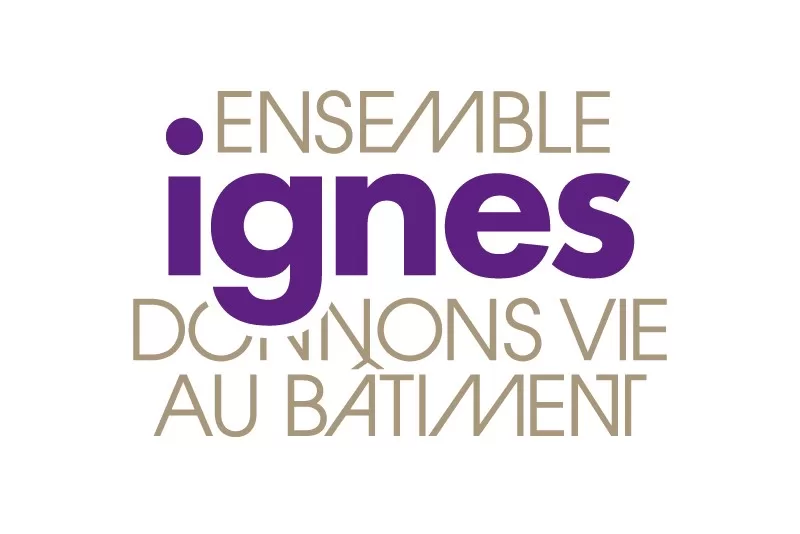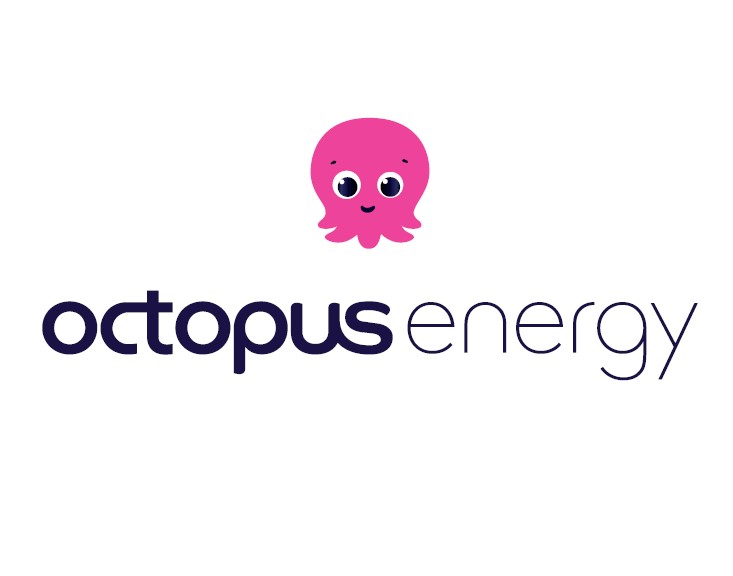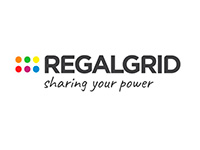Some of us have been worried that all the spending on renewable and smart meters will make consumer bills go up. At least in the UK, the reverse seems to be true.
The UK Department of Energy and Climate Change recently published its updated analysis of the estimated impact of energy and climate change policies on gas and electricity prices and bills paid by UK energy consumers . These policies are ambitious, calling for meeting the European Union’s 20/20/20 targets by 2020 – meaning 20% less emissions, 20% less energy use, and 20% renewables.
To support energy users in managing power usage and becoming more efficient, the UK is rolling out over 50 million smart meters, both electric and gas, to all homes and businesses by 2019.
Investing in renewables, smart meters, and Smart Grid equipment all cost money. In its analysis, DECC determined that the net effect of these major policy and technology initiatives – is a net reduction of £94 per consumer.
These policies are estimated to add £280 to the costs of energy. But this is more than offset by the £373 that is reduced by the same policies – resulting in the net reduction of £94. Household energy bills will be, on average, 7% lower than what they would have been in 2020 if these policies were never introduced.
The £280 increase in costs is driven by:
- Requirements for retail suppliers to meet renewable targets
- Small-scale Feed-in-Tariffs (FITs) for distributed wind and solar
- Subsidised insulation and other energy efficiency measures
- The rollout of smart meters
- The costs incurred by power generators of purchasing carbon allowances
- An increase in gas (or other heating fuel) consumption to maintain the same surrounding temperature as more efficient appliances (such as TVs and fridges) emit less heat as a result of appliance efficiency standards
The £373 reduction in costs is driven by:
- Energy efficiency savings as a result of more households taking up insulation and other energy efficiency measures as a result of subsidies
- Better information provided through smart meters that enable power consumers to make more informed energy consumption decisions
- Stricter energy efficiency standards for all energy using products (such as TVs and fridges) bought within the EU
- Lower wholesale electricity costs than would have otherwise prevailed as a result of more low-carbon generating capacity entering the market which has a lower marginal cost
What is the impact of policies on prices and bills now?
The costs of UK policies are estimated to represent around £89 (7%) of an average household energy bill (before any rebates) in the UK in 2011. However, accounting for improvements in energy efficiency, energy and climate change policies are estimated to be adding just 2%or £19 on average to household energy bills in the UK in 2011 (compared to bills in the absence of these policies).
Based on this analysis at least, the bottom line is that energy policy that is good for the environment can be good for the consumer’s bottom line.








































































































